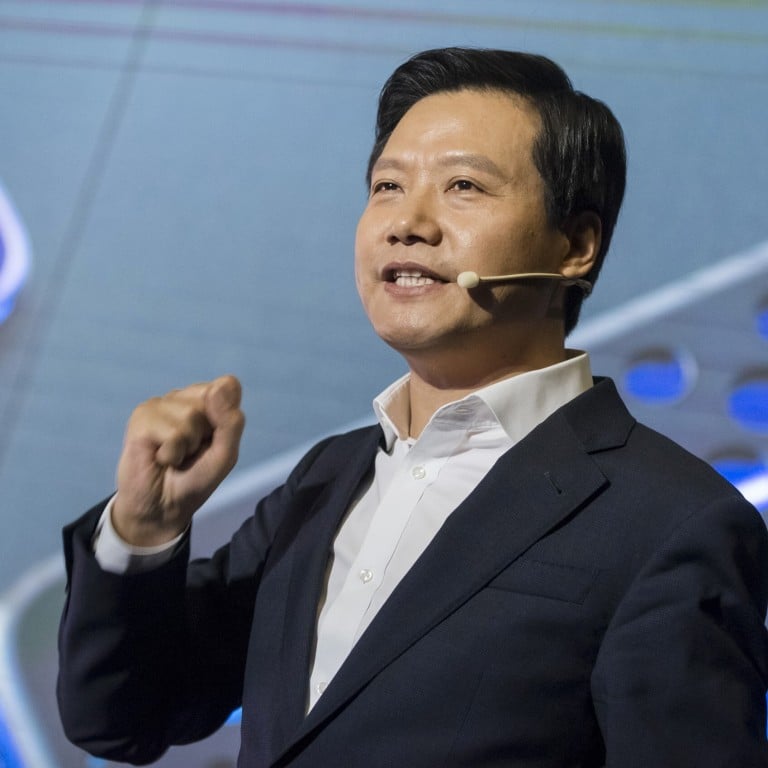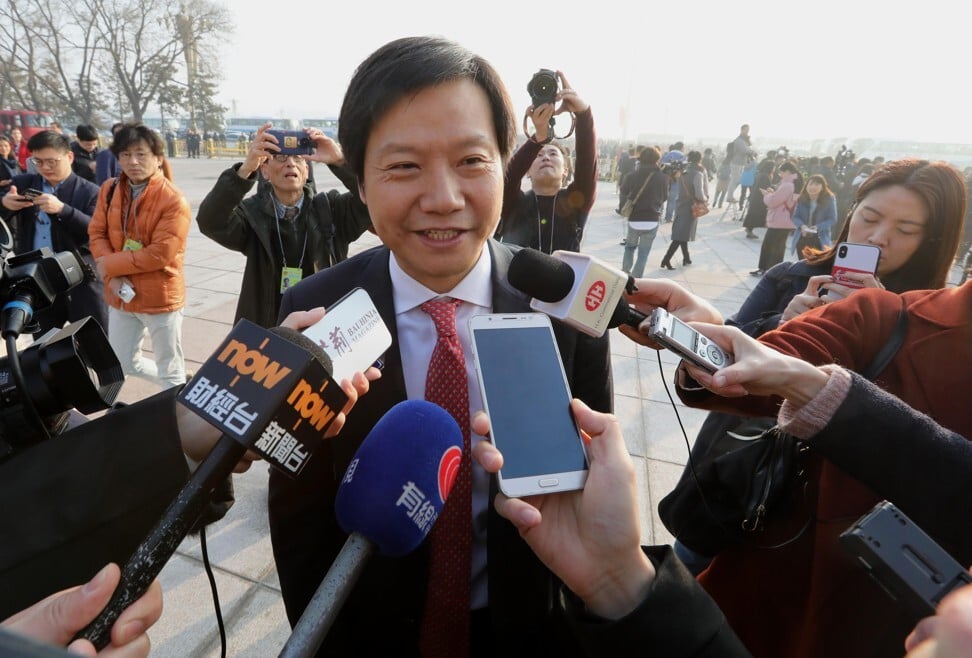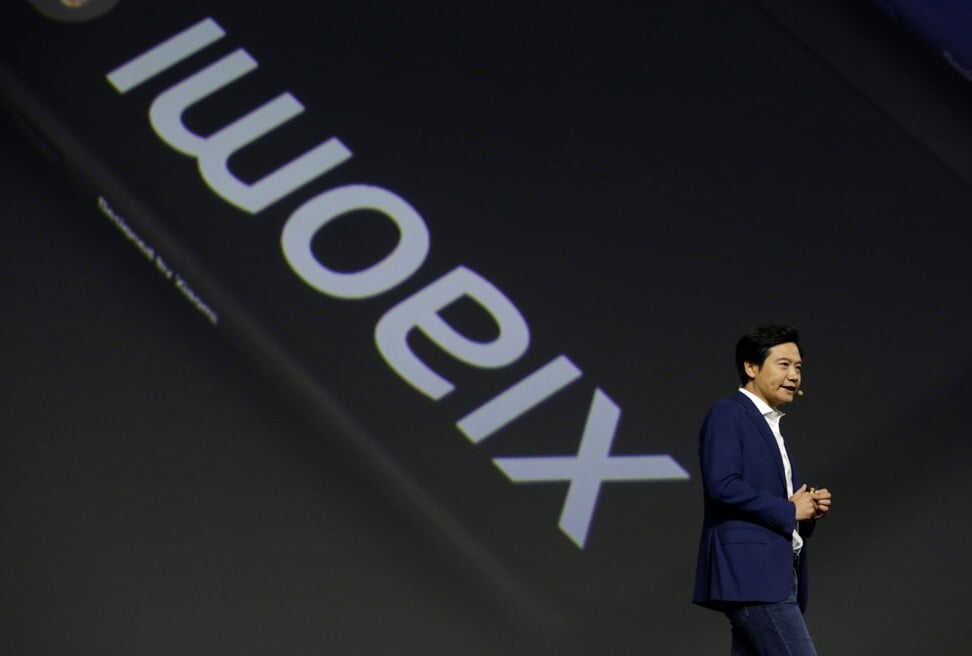Xiaomi founder Lei Jun, known as ‘China’s Steve Jobs’, doubled his net worth to US$25 billion in the past year thanks to 5G: how does he spend it?

Elon Musk the PhD dropout? His life before the billions

Whilst working his way up to become CEO at Kingsoft, he was also simultaneously running Joyo.com, an e-commerce company allowing users to download books and files. He eventually made a fortune by selling the site to Amazon in 2004 for US$75 million. As a major shareholder in Kingsoft (14.9 per cent), Lei also got the company listed on the Hong Kong stock exchange.
After 20 years of hard work, Lei “retired” in 2007, instead becoming a prominent angel investor in China before setting up Xiaomi. Among his investments back then were Vancl.com, a top online clothing retailer in China, UCWeb, a leading mobile internet company, and Lakala, a third party payment company.
Meet the Alibaba developer who built Taobao in a month

Meet China’s self-made female billionaires, or ‘modern day Mulans’
Lei’s wealth is now estimated at US$25 billion according to the 2020 China Hurun ranking – more than doubling in the past year alone thanks in part to the 5G boom.
So, what does he spend it on? One of the first times we got a glimpse at one of his more extravagant purchases was in 2017, when Lei showed off his US$430,000 Mercedes-Benz S600 on Weibo at the time the company released its new Redmi Note 5A.
Far more extraordinary was his US$750 million investment in the Xiaomi Science and Technology Park. This sprawling Beijing estate sits beside Lenovo and Baidu’s industrial estates in Beijing’s Haidian District – an area home to residents with the highest per capita disposable income in the city.
Is Chinese gaming entrepreneur Li Xinze really ‘the next Jack Ma’?
After announcing he had bought the land, Lei told those around him he planned to apply the concept of the Artificial Intelligence of Things (AIoT) to change the real estate industry. Through strategic partnerships with a group of leading property developers including China Resources Land and Frasers Property, Xiaomi has since been able to enable smart home ecosystems.
“We finally settled in Beijing after being drifters for nine years”, Lei wrote on Weibo in 2019. He aims to leverage the aforementioned “new internet” business model to axe housing prices by a half or a third. If he can pull it off, he’ll likely garner many more fans.
Want more stories like this? Sign up here. Follow STYLE on Facebook, Instagram, YouTube and Twitter .

Hailing from a family of teachers, tech billionaire Lei Jun now drives a US$430,000 Mercedes-Benz S600 and invested more than US$750 million in the sprawling Xiaomi Science and Technology Park, next to Lenovo and Baidu’s HQs in Beijing’s pricey Haidian District